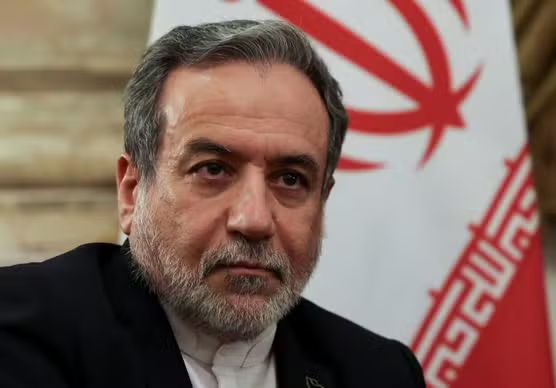
Iran and France appear to be nearing the conclusion of a high-profile prisoner exchange deal that could see citizens from both nations released after years of tense diplomatic standoff.
Iranian Foreign Minister Abbas Araghchi announced on Thursday that negotiations had advanced significantly, suggesting that a long-awaited swap involving French detainees in Iran and an Iranian woman imprisoned in France was close to completion.
Speaking in a televised interview, Araghchi revealed: “We have carried out a great deal of activity, and I can now say that we have reached the point where the exchange of the French prisoners in Iran is now approaching its final stages.” He declined to provide additional details on the timing or terms of the agreement.
At the center of the negotiations is Mahdieh Esfandiari, an Iranian woman arrested in France in February on charges of promoting terrorism through social media. Tehran has consistently maintained that her detention was unjust and has lobbied persistently for her release.
On the other side are French nationals Cecile Kohler, 40, and Jacques Paris, in his 70s, who were arrested in Iran on May 7, 2022. Authorities in Tehran accuse the pair of spying for Israel, a charge that both France and the detainees’ families vehemently deny.
Their relatives have described their situation as increasingly desperate, with reports of deteriorating conditions and prolonged isolation.
The French government has responded to Iran’s detentions with growing frustration. Paris has announced plans to file a complaint against Tehran at the International Court of Justice (ICJ), arguing that the arrests violate international law and constitute arbitrary detention.
The Kohler and Paris case is part of a broader pattern of European nationals being held in Iran, often under espionage or security-related charges. Currently, about 20 Europeans remain in Iranian custody, including a Franco-German teenager who disappeared in June during a Europe-to-Asia cycling trip at the height of Iran’s brief war with Israel.
The ongoing negotiations also intersect with wider geopolitical tensions. Araghchi’s remarks included a pointed reference to enriched nuclear material that remains “under the rubble” of facilities damaged during the recent conflict with Israel, underscoring the backdrop of mistrust and confrontation.
For France, securing the release of Kohler and Paris is a pressing diplomatic priority, both to bring its citizens home and to demonstrate firmness against what critics call “hostage diplomacy.” For Iran, winning Esfandiari’s freedom would mark a symbolic victory, reinforcing its narrative of resisting foreign pressure.
As talks progress, the fate of these individuals hangs in the balance, embodying the complexities of international diplomacy where human lives are often entwined with political leverage. The coming days may determine whether both nations can translate tentative progress into a decisive breakthrough.